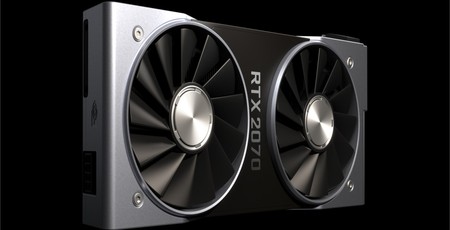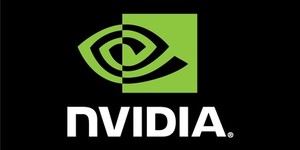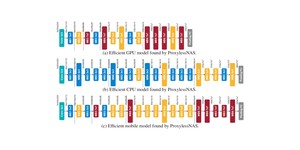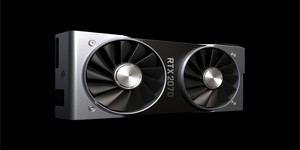
Nvidia has acknowledged that its Deep Learning Super Sampling (DLSS) anti-aliasing technology, which takes advantage of the otherwise mostly wasted Tensor Cores of its latest Turing graphics architecture, is providing suboptimal results at sub-4k resolutions - and it promises it is working on a fix.
Part of the RTX suite of technologies which launched with the company's Turing architecture, alongside hardware-accelerated real-time ray tracing, Deep Learning Super Sampling (DLSS) is designed to boost performance while offering comparable anti-aliasing quality to the more common temporal anti-aliasing (TAA) by offloading the work onto Tensor Core hardware originally developed for accelerating deep-learning workloads in servers and workstations.
Unfortunately, not everyone is impressed with DLSS - and it's an issue Nvidia has acknowledged in an updated FAQ first spotted by Techspot. In the newly published entry, Nvidia claims that 'for Battlefield V, we think DLSS delivers a big improvement in 4K and 2560x1440 performance - up to 40% - for the corresponding [image] quality,' but admits that things might not be optimal outside these resolutions.
'For the next push,' the company claims, 'we are focusing our testing and training to improve the image quality at 1920x1080 and also for ultrawide monitors (e.g. 3440x1440). The current experience at these resolutions is not where we want them.
'For Metro Exodus, we've got an update coming that improves DLSS sharpness and overall image quality across all resolutions that didn’t make it into day of launch. We’re also training DLSS on a larger cross section of the game, and once these updates are ready you will see another increase in quality. Lastly, we are looking into a few other reported issues, such as with HDR, and will update as soon as we have fixes.'
Unlike traditional anti-aliasing systems, DLSS needs to be 'trained' on game data; this training data is then provided as part of Nvidia's Game Ready Driver updates. Without the training data, DLSS simply won't run - and if the training data is based on a resolution other than the one you're running, you can expect sub-optimal results.
Nvidia has not indicated when it expects the improved DLSS drivers to be available for Battlefield V or Metro Exodus.

MSI MPG Velox 100R Chassis Review
October 14 2021 | 15:04








Want to comment? Please log in.